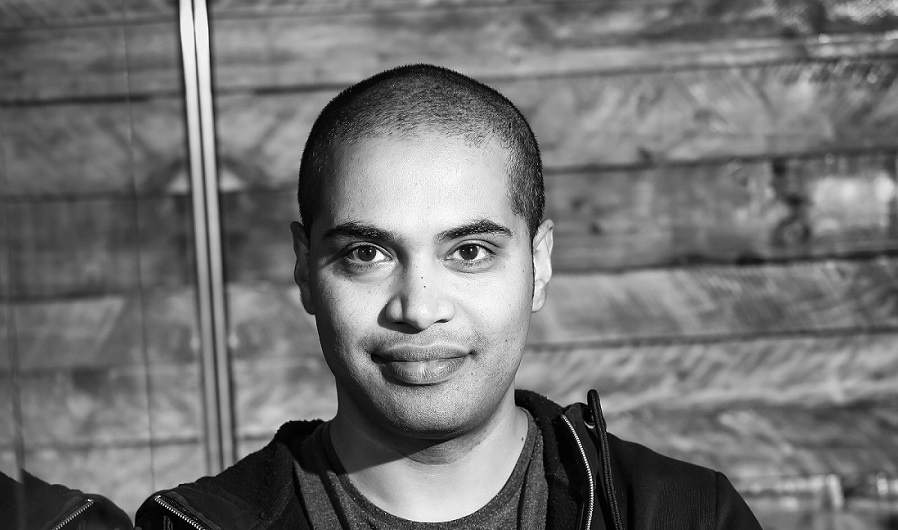South African startup Snode Technologies, which is taking a data-driven approach to cybersecurity, has taken its innovative approach to combating cyberattacks global.
Snode leverages mathematical algorithms to process dynamic data, in any format, at any scale, in real-time, which empowers its highly skilled analysts to gain insight into prevailing patterns, not visible to the human eye.
The startup’s cloud-based platform provides interactive visualisations combined with behavioural-based, pattern recognition and applied intelligence, allowing its customers to make informed data-driven decisions and identify problems before they happen.
“This technology innovation is not only capable of finding advanced cyberattacks, but can process cyber intelligence – like social media – to predict social unrest, track terrorism and organised crime or, for example, find “patient zero” in a viral outbreak,” said Nithen Naidoo, founder and chief executive officer (CEO) of Snode.
“Snode is capable of fusing open and closed sources of cyber intelligence to empower proactive policing, emergency response, disaster relief and national defence. This asymmetric, data-driven response capability discourages and disenfranchises cyber-attackers, kidnappers, criminals, illicit trade and human traffickers.”
Heady stuff indeed, but Naidoo can back it up. The startup has customers across six continents, and ambitions to be even bigger. But the Snode story started around 11 years ago, when Naidoo started a high-tech cybersecurity consulting and penetration testing – or ethical hacking – firm.
“As glamorous as that sounds, our first month resulted in only one paid engagement – installing printers in a pizza parlour,” he told Disrupt Africa.
“Fast-forward a few years and we – eight staff, working out of my mother’s house – were booked six months in advance. We did cybersecurity assessments and training for the likes of PwC and the Department of Defence in South Africa, and Deloitte in Nigeria.”
During those foundation years, Naidoo realised that the entire way the world looked at defence was flawed because of how easy it was becoming to break into critical business systems and key national infrastructure. Snode, then, was created to gain insight into prevailing patterns, not visible to the human eye, allowing users identify attacks before they happen.
“We came up with the idea of analysing samples of network traffic from various clients – and providing a risk assessment highlighting cyber-attacks, malware, fraud, collusion, sensitive information disclosure, compliance issues and data exfiltration. The challenge was that we had no automated way of doing this analysis – so the first time we analysed traffic – we did the analysis manually,” Naidoo said.
“Fast-forward a few months – and we were able to analyse traffic in a few hours. In just over a year, we could analyse traffic in real-time and Snode Technologies was born.”
The launch was timely. The World Economic Forum lists cybercrime as one of the top 10 risks facing mankind. By 2021, global cybersecurity spending will be over US$1 trillion, and US$6 trillion will have been lost to cybercriminals.
“Attackers are more advanced, resourced and highly motivated than ever before. The global security posture is reactive, relying too heavily on “signature-based” solutions. Additionally, heterogeneous architectures, disparate data and emerging technologies, such as cloud and IoT, make defence near to impossible,” said Naidoo.
“A more innovative solution is required to address the risks associated with cybersecurity globally.”
Snode believes it has come up with one, but it has competition in the cybersecurity space from new incumbents with strong offerings like Darktrace, Cylance and CrowdStrike, as well as larger brands such as IBM, Palo Alto and Cisco. All of these are well-funded global businesses with significantly more resources at their disposal than Snode, but Naidoo says he loves the challenge of taking on competitors like this.
Indeed, Snode, which has a “platform as a service” solution, B2B model and is profitable, is often outperforming these bigger rivals. The startup has clients across six continents, with Naidoo saying the fact an African solution has been embraced globally is due to its effectiveness, efficiency and simplicity.
“It solves a serious global problem, in a truly African way, using our local creativity and ingenuity. Snode has over 70 points of presence globally, which is supported by 33 highly-skilled cybersecurity specialists,” he said.
Growth is on his mind.
“Over the next two-to-three years, we would like to scale further to the rest of Africa, Southeast Asia and the Middle East. We would like to penetrate the Defence sector, to protect our national infrastructure from state-sponsored cyber-attack,” said Naidoo.
Snode is funded by angel investors and Nadir and Shaazim Khamissa, founders of the Hello Group, but Naidoo will not be seeking more investment in order to scale.
“What we need is a partner, with the professional network – or existing client base – to help us scale. For this, we are happy to release equity, at a fair price,” he said.


